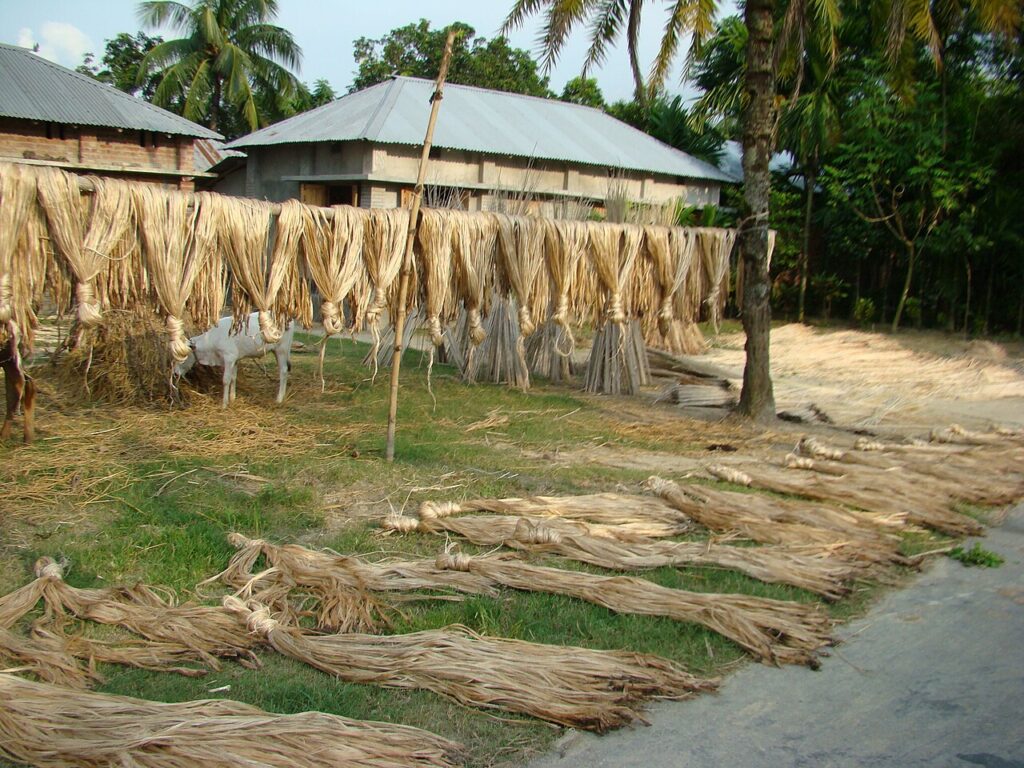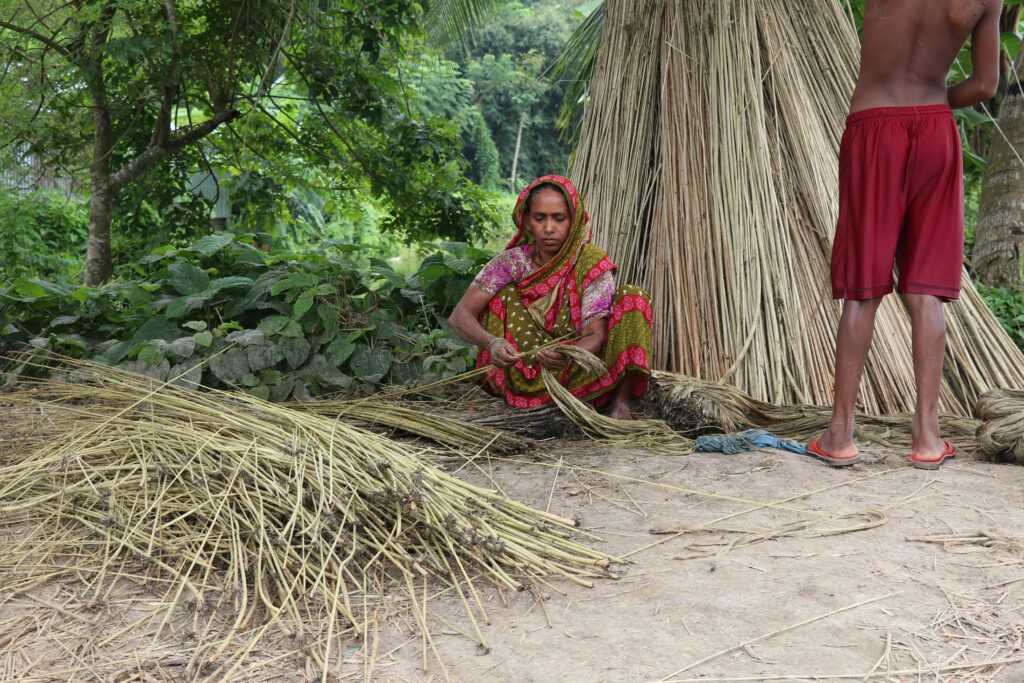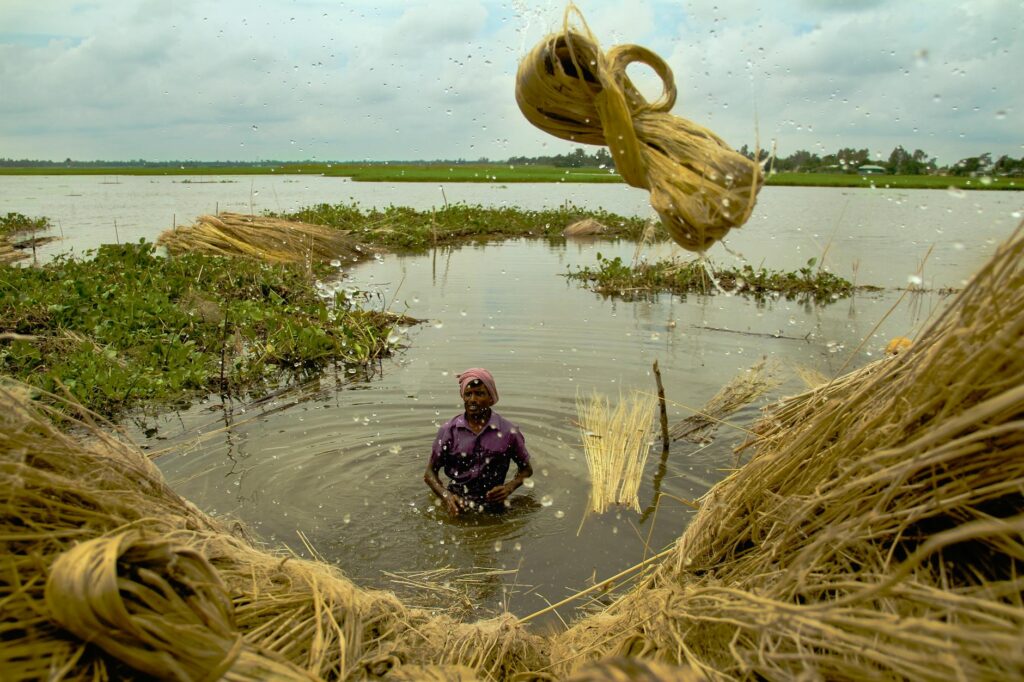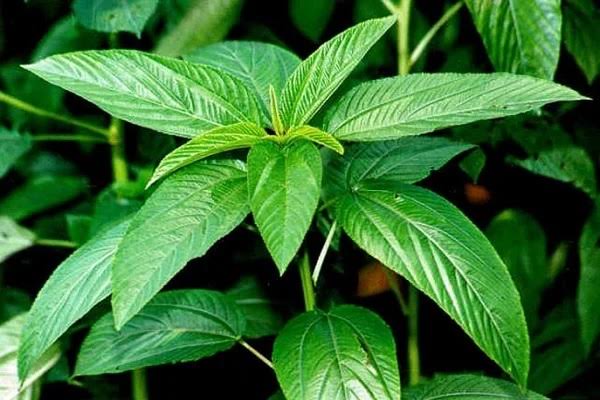Jute and Bangladesh: A Timeless Bond
From ancient times to the modern era, the relationship between jute and Bangladesh has been intertwined in a way that showcases the nation’s rich heritage and economic significance. This versatile natural fiber has not only played a crucial role in shaping Bangladesh’s history but continues to be a symbol of its identity, with representations like the three jute leaves featured on the Bangladesh bank’s logo and coinage.
This post highlights the diverse facets of the relationship between jute and Bangladesh, showcasing how this ancient bond continues to evolve and thrive in a modern context.
Contents
1. Economic Importance of Jute in Bangladesh
Jute has long been known as the “golden fiber” of Bangladesh, contributing significantly to the country’s economy. It is one of the primary agricultural commodities that drive the export industry, generating revenue and providing employment opportunities to numerous individuals across the nation.
2. Jute Mills and Employment Figures
Bangladesh is home to a substantial number of jute mills, each playing a vital role in processing and manufacturing jute products. These mills not only support the economy but also create job opportunities for a significant portion of the population, particularly in rural areas where jute cultivation is prominent.
3. Jute Farming and Cultivation
The process of jute farming and cultivation is deeply rooted in Bangladesh’s agricultural landscape. From sowing the seeds to harvesting the fiber, this traditional practice involves the active participation of rural communities who rely on jute cultivation for their livelihood. The eco-friendly nature of jute farming also aligns with the sustainable practices that are becoming increasingly important in today’s world.
4. Rural Communities and Jute Industry
The jute industry in Bangladesh has a profound impact on rural communities, providing them with a source of income and livelihood. Many families in these areas are involved in various aspects of jute production, from farming to processing, further strengthening the bond between the people and this valuable natural resource.
5. Jute Industry Innovations
In recent years, the jute industry in Bangladesh has witnessed advancements in technology and innovation aimed at improving efficiency and sustainability. Modern techniques in jute processing and manufacturing have not only enhanced productivity but also reduced environmental impact, making jute products more competitive in the global market.

6. Jute’s Role in Environmental Conservation
As a natural fiber, jute stands out for its eco-friendly properties, making it a sustainable alternative to synthetic materials. The cultivation of jute helps in soil conservation, as its deep root system prevents erosion and improves soil fertility. Additionally, jute products are biodegradable, contributing to a cleaner environment and reducing the carbon footprint.
7. Jute in Fashion and Design
Beyond its traditional uses, jute has found a place in the fashion and design industry, with sustainable fashion trends embracing the rustic charm and versatility of this fibre. From stylish bags and accessories to home decor items, jute’s unique texture and aesthetic appeal have garnered attention from designers and consumers worldwide.
8. Government Initiatives and Support
The government of Bangladesh has recognized the importance of the jute industry and has implemented various policies and programs to support its growth and sustainability. Initiatives such as financial incentives, research and development grants, and export promotion schemes aim to boost the jute sector and ensure its continued success.
The government [of Bangladesh] will formulate and implement an action plan to double the export income from jute goods in the next two to three years. “Bangladesh is exporting jute products worth an average of $1 billion every year. We want to increase the export of jute goods to $2 billion in the next two to three years.”
Textiles and Jute Minister Jahangir Kabir Nanak, Dhaka Tribune.
In conclusion, the relationship between jute and Bangladesh is not just a historical narrative but a living testament to the nation’s resilience and economic prowess. As the golden fiber continues to weave its way through the fabric of Bangladesh’s identity, its significance remains unwavering.
MASK Associates is a leading exporter of top-tier jute and jute-based products from Bangladesh. Our commitment to excellence, innovation, and technology guarantees superior jute sourced from premier fibres globally.



